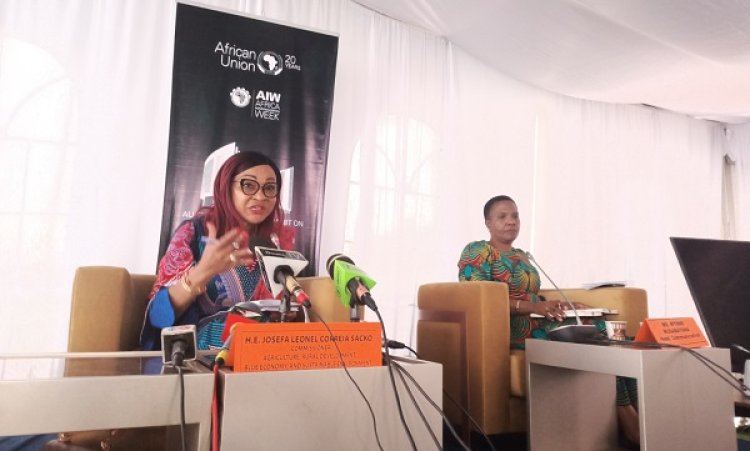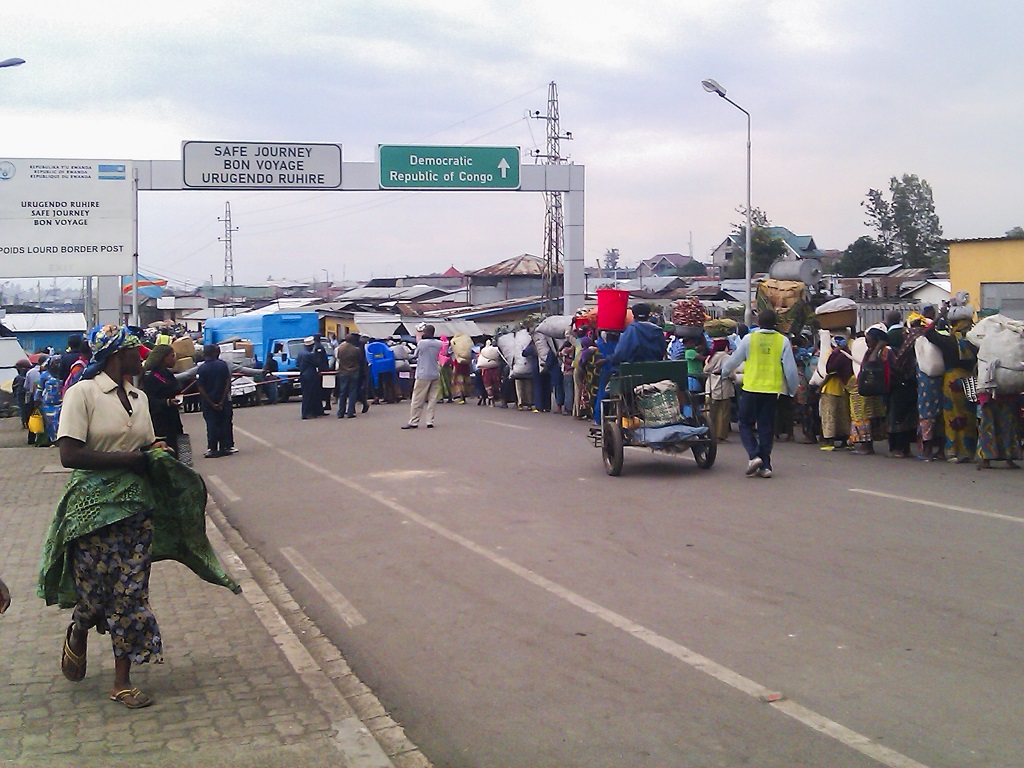Faced with growing food import bill, governments in Africa are moving to create transboundary agro-industrial hubs and food corridors in selected part of the continent to boost local supply of key food items and agriculture commodities.
At least five agro-industrial hubs are planned under the initiative dubbed the Common African Agro-Parks Programme (CAAPs) spearheaded by the African Union (AU).
The programme is part of Africa’s drive to cut reliance on food imports which kept on the rise despite the continent possessing vast amounts of world’s uncultivated fertile land and a youthful workforce.
Over-reliance on food importation exposes many African countries to woes linked to disruptions of global supply chains which see cost of essentials rise beyond reach of low income consumers across the continent.
The AU indicates that CAAPs is projected to boost local supply of key strategic agricultural commodities such as rice, maize, cassava and yam, livestock such as cattle, sheep, goat, pig and poultry, alongside fisheries and horticulture through agribusiness projects to be established in selected regions of the continent based on their respective agro-ecological advantage.
Detailed feasibility studies are expected to provide the exact cost estimates for projects under CAAPs.
The AU indicates that CAAPs is projected to boost local supply of key strategic agricultural commodities such as rice, maize, cassava and yam, livestock such as cattle, sheep, goat, pig and poultry, alongside fisheries and horticulture through agribusiness projects to be established in selected regions of the continent based on their respective agro-ecological advantage.
But already the AU and the secretariat established under Forum for Agriculture Research in Africa (FARA) to follow up on the operationalisation of the initiative are understood to be working together to mobilize necessary financial and technical resources.
The implementation and financing modalities for the establishment of the agro-industrial hubs were recently discussed on the margins of the just-concluded AU Summit on Industrialization and Economic Diversification in Niamey, Niger.
The side event brought together AU members States, the regional economic communities, UN agencies such as FAO, UNIDO, ECA and development partners.
“We are lucky that we have some financial institutions like AFREXIM Bank which is really working with us. We have a steering committee that we need to start following up all the processes from now until the operationalisation,” said Josefa Sacko, AU Commissioner for agriculture, rural development, blue economy and sustainable development.
Ms. Sacko further indicated that the money governments on the continent spend on food import annually could be more than enough to actualise these plans.
Other potential sources of funding, she said, involve taping into global multilateral funds for adaptation negotiated at the recently-concluded UN climate conference (COP27).
She is of the view that CAAPs has bankable projects that should be prioritised by adaptation funds as they seek to help Africa build resilience of livelihoods and production systems.
Trade and employment
CAAPs has been hailed as one of the most promising means to vastly improve the competitiveness of African industries and enterprises by achieving economies of scale, promoting local processing and value addition of agricultural products, and availing employment to a larger part of the African youth population.
Countries are equally banking on the initiative to expedite efforts towards achieving the CAADP Malabo commitments, and in particular the goal of tripling Intra-African trade for agricultural commodities and services within the context of the African Continental Free Trade Area (AfCFTA).
Also read: African leaders root for AfCFTA full operationalisation
Africa’s food import outlook remained unchanged despite accounting for more than 60 per cent of the world’s uncultivated fertile land and a workforce.
Reports suggest that Africa food import bill estimated at $45 billion annually could more than double by 2030, if unchecked.
Both the COVID-19 pandemic, and the subsequent crisis in Ukraine worsened the food access situation in many parts of the globe including in Africa.
The crises sent costs of essential food commodities skyrocketing in many countries with effects still being felt to date.
Also read: Made in Africa: States work to harmonise standards, rules of origin requirements










